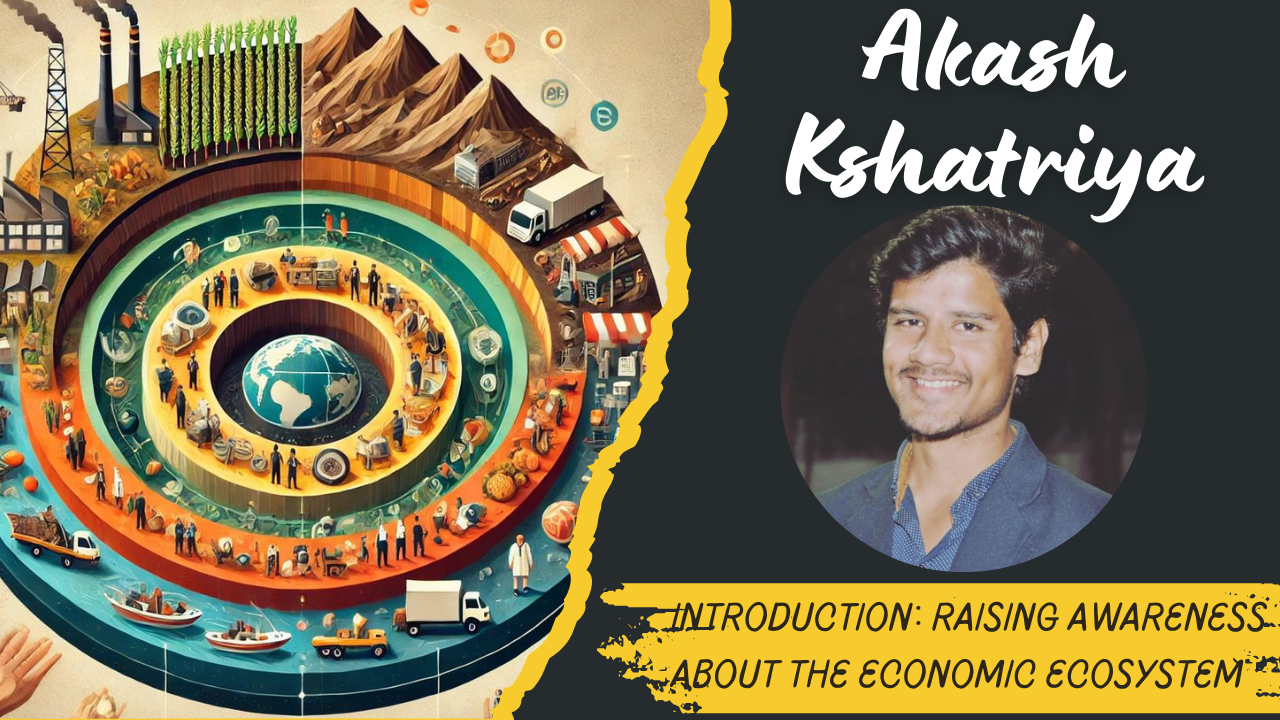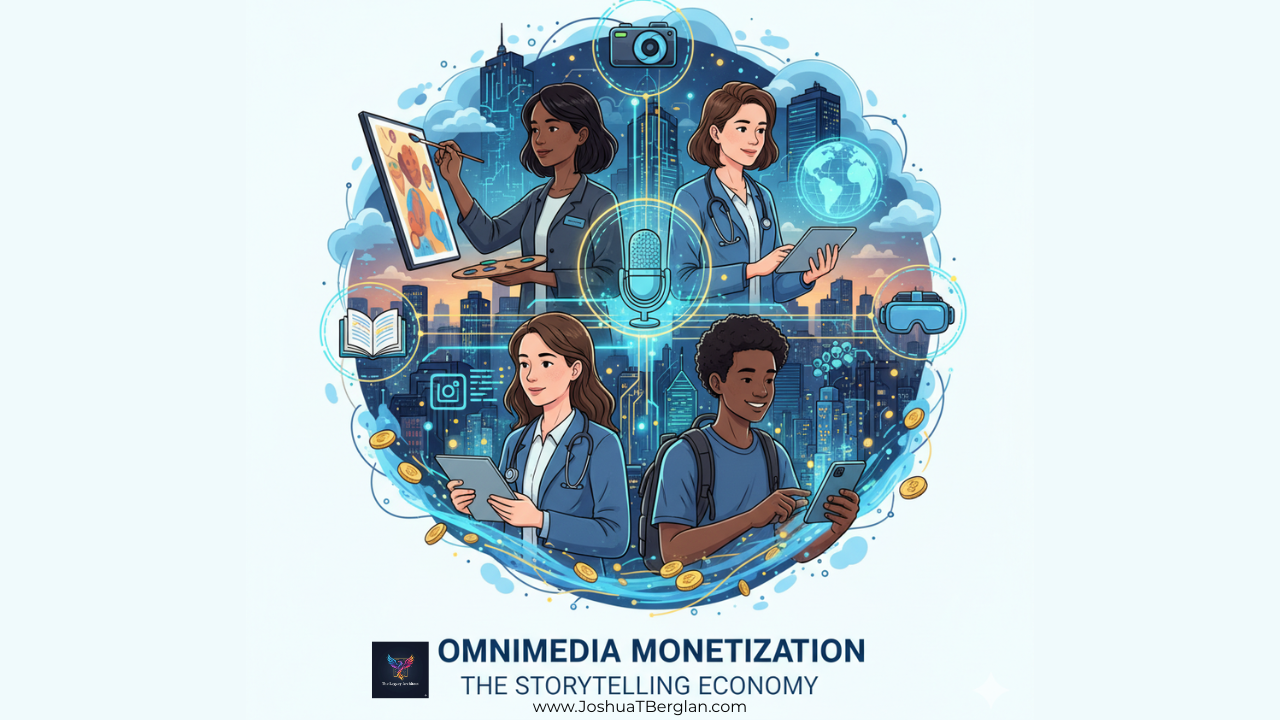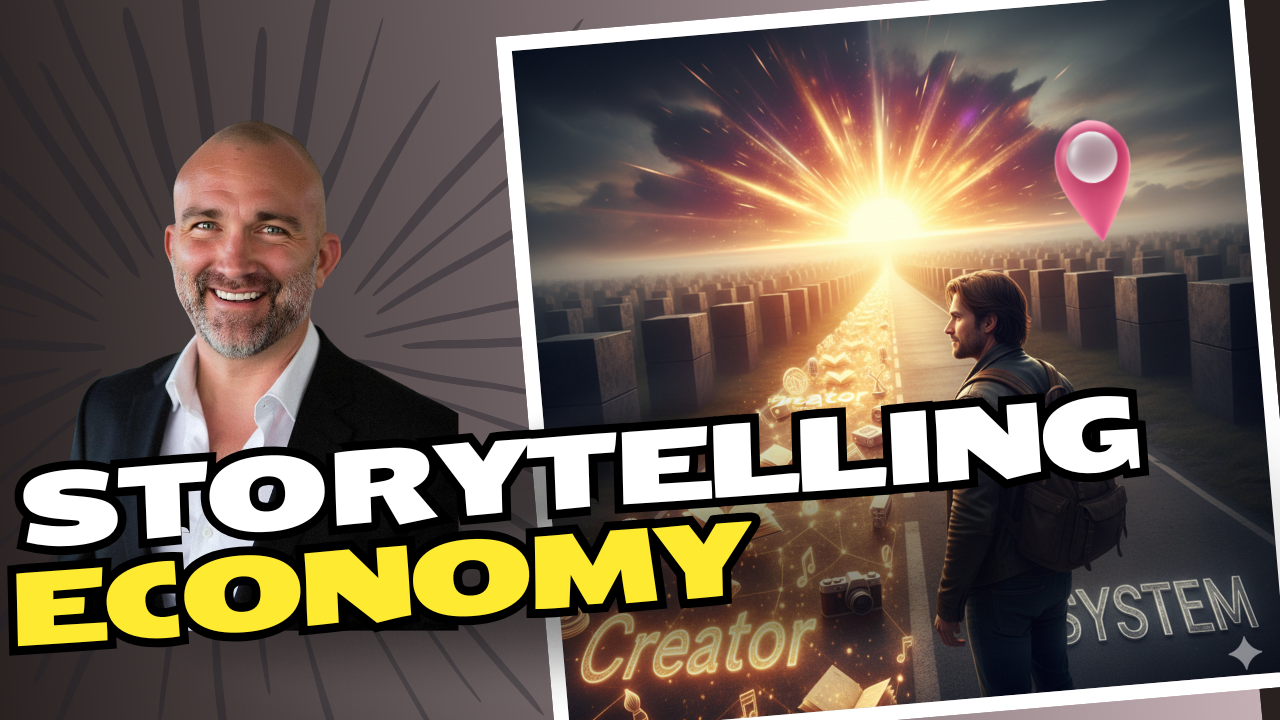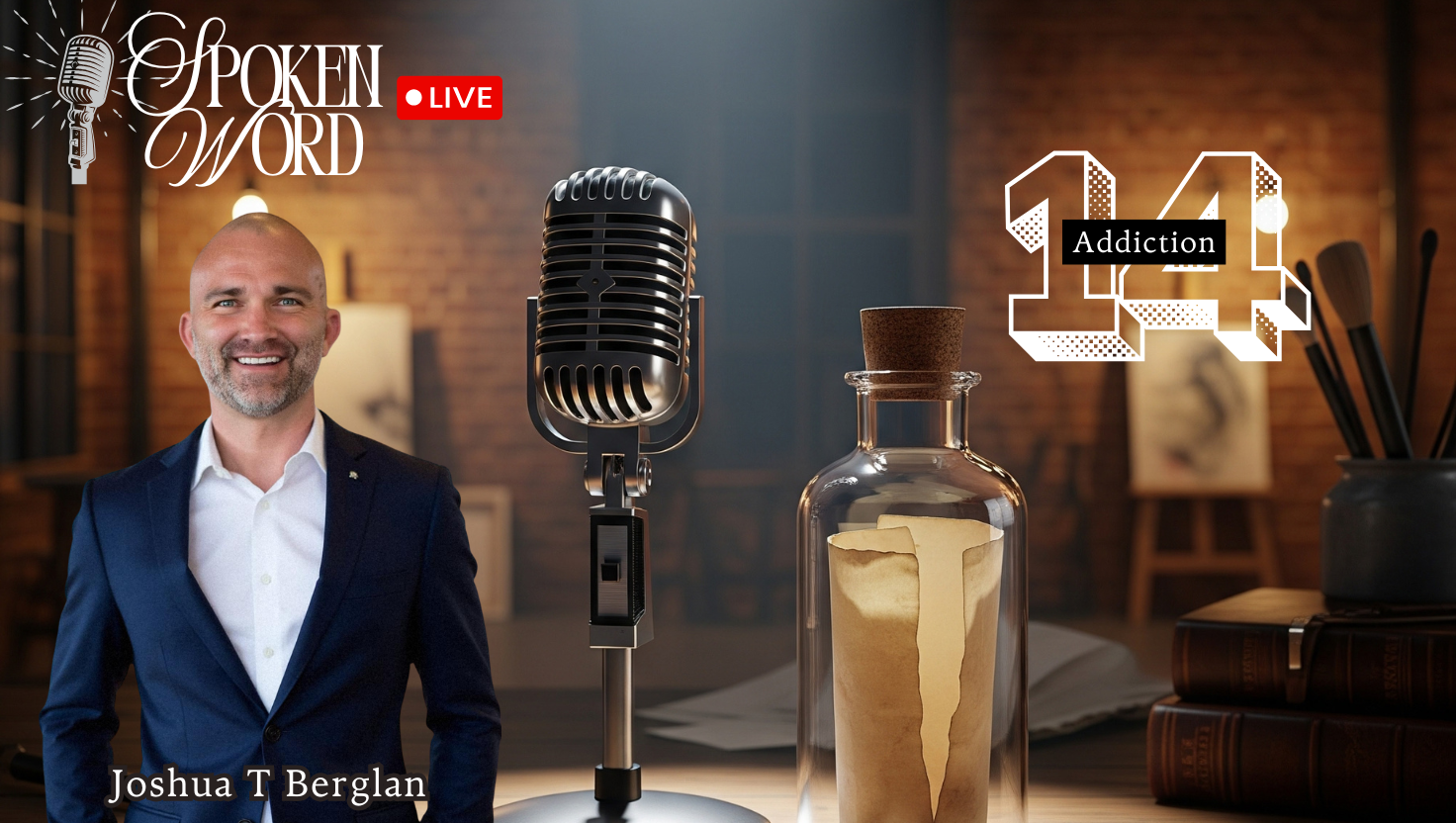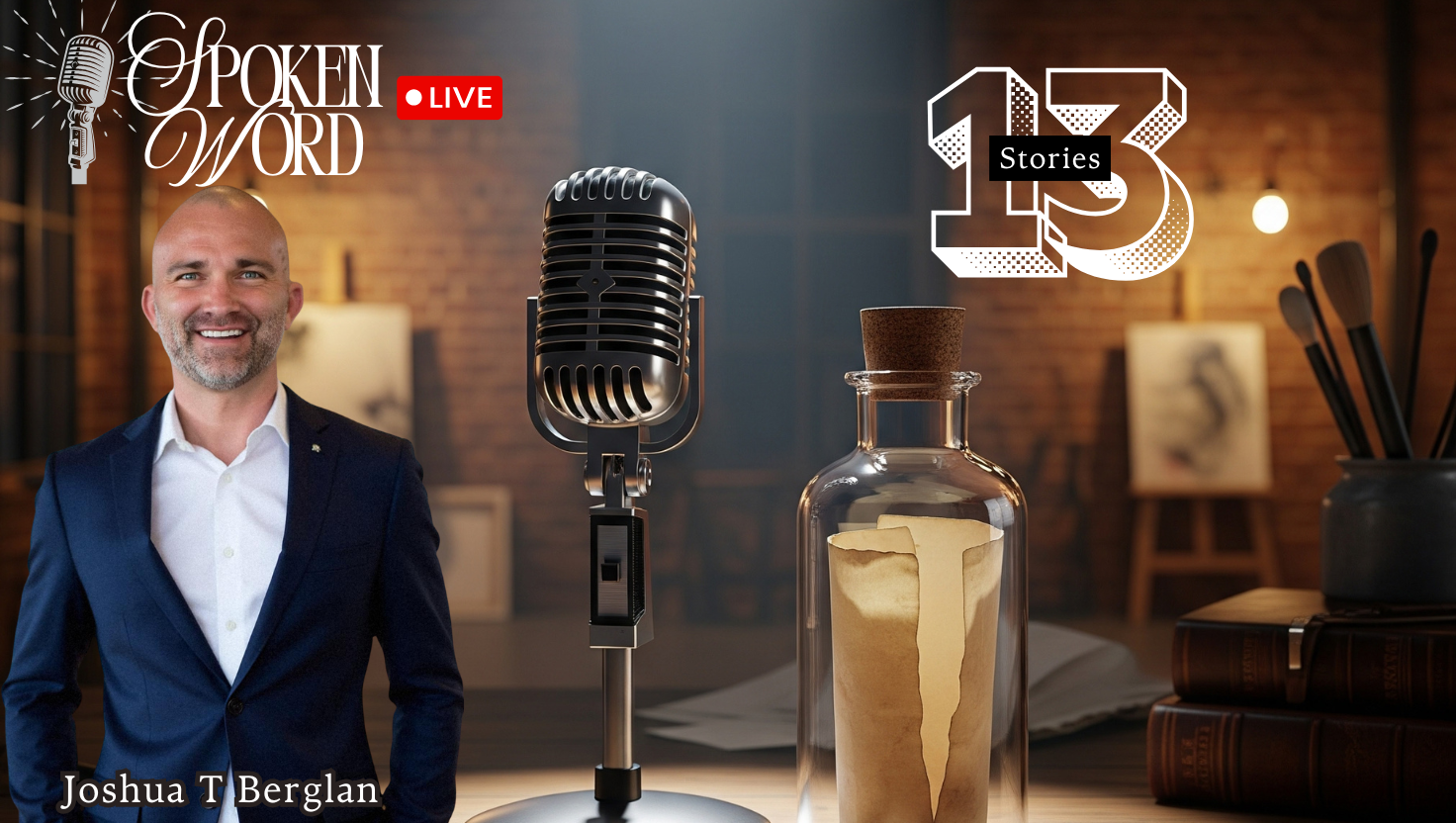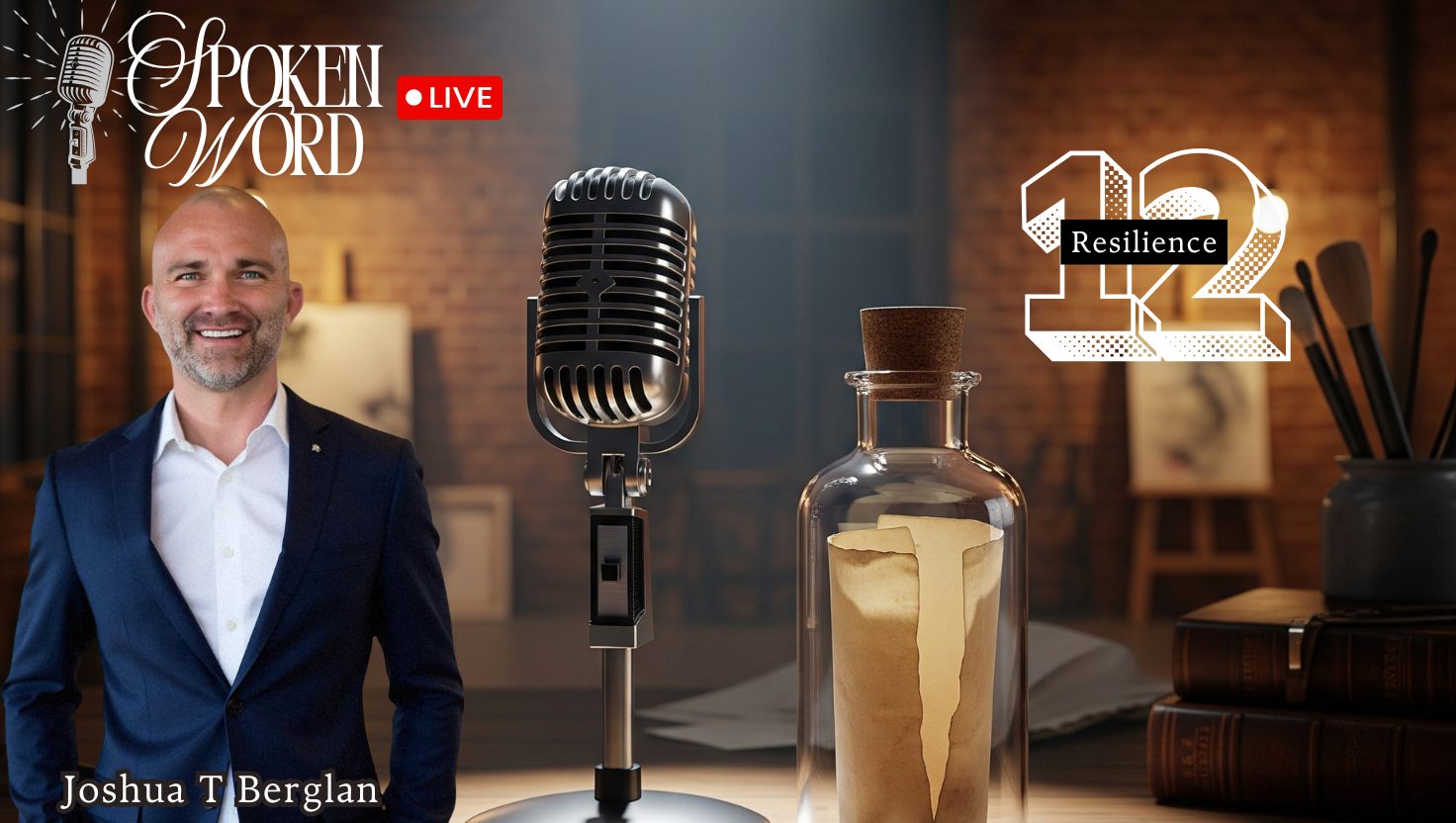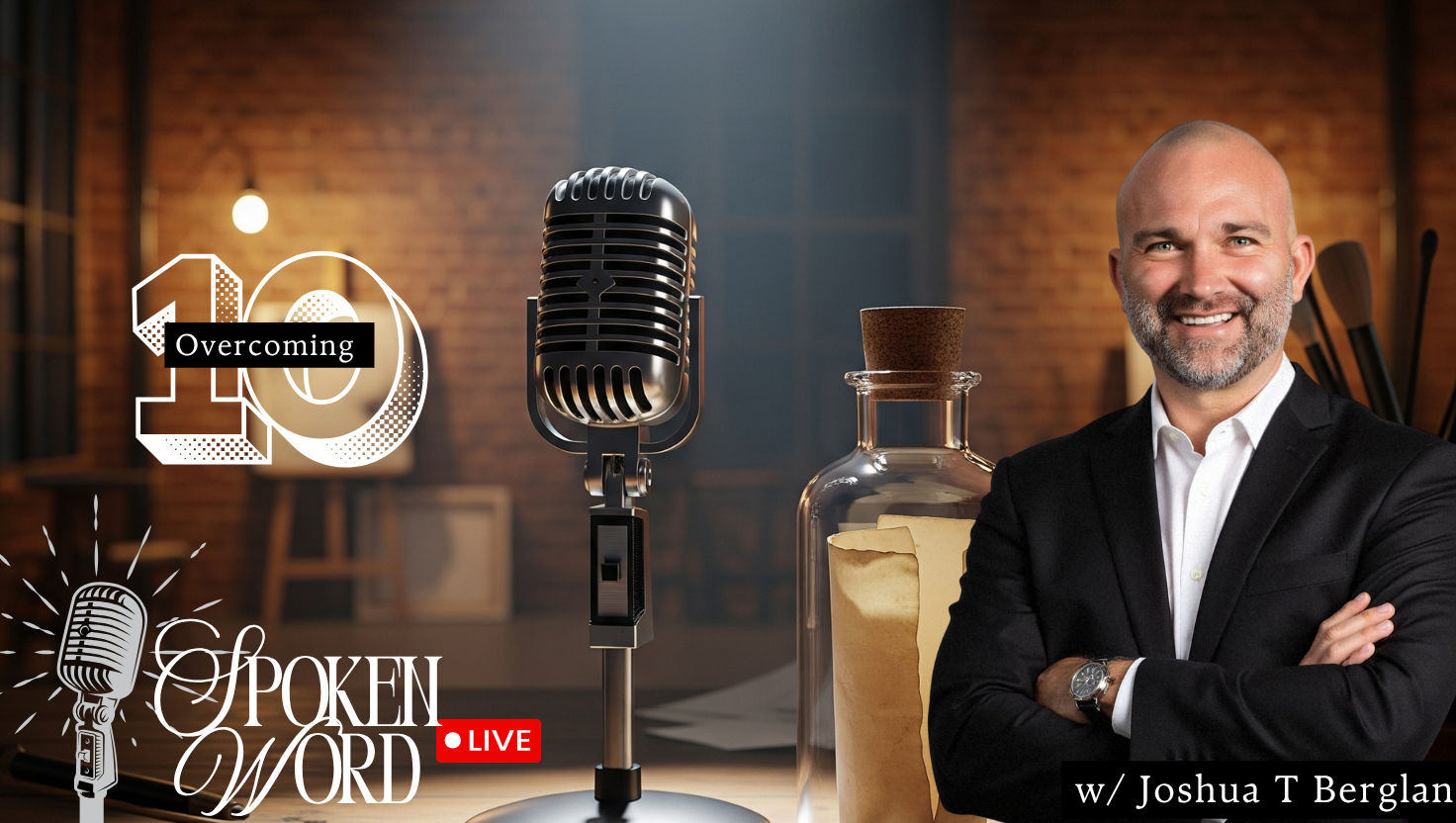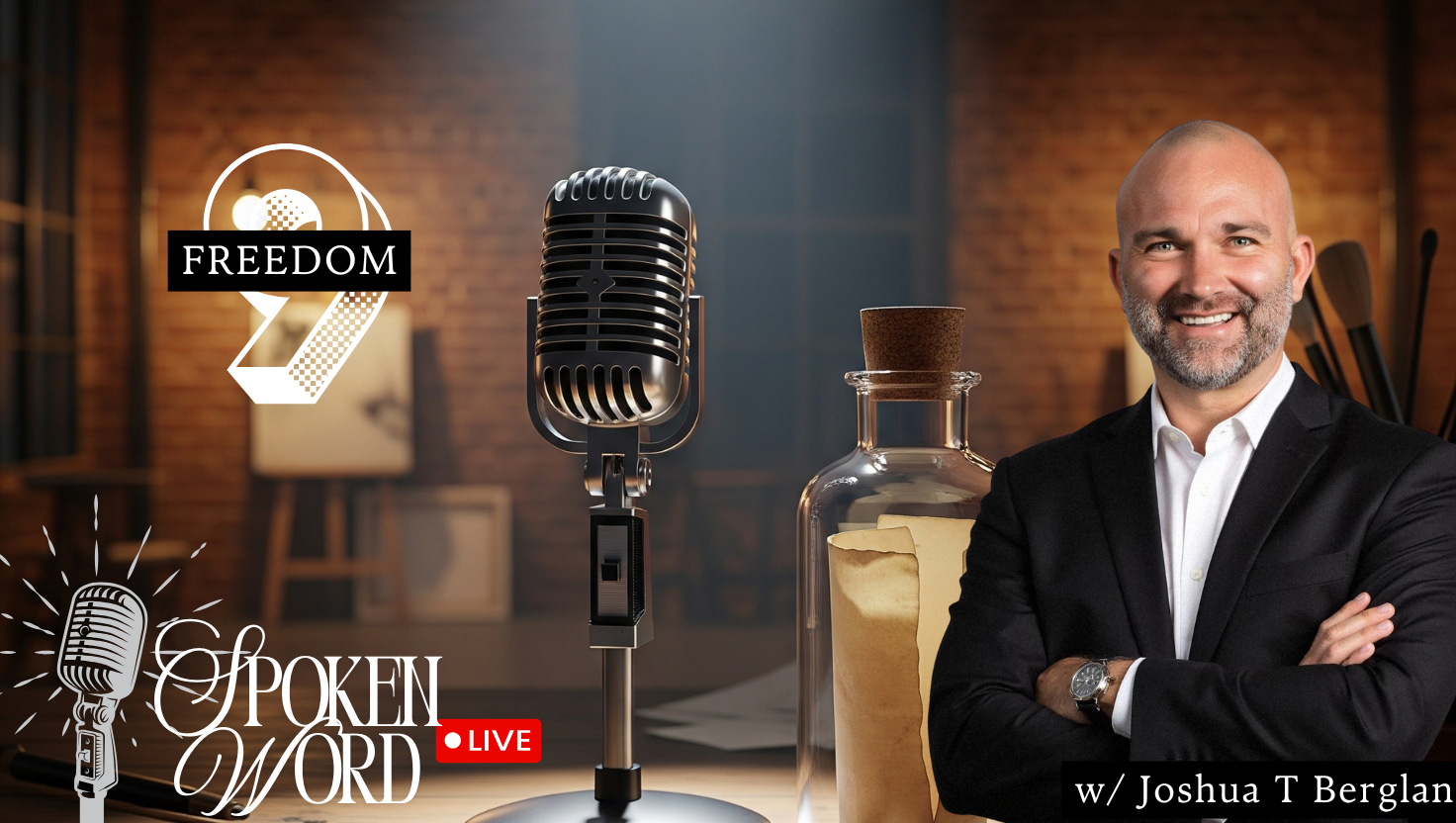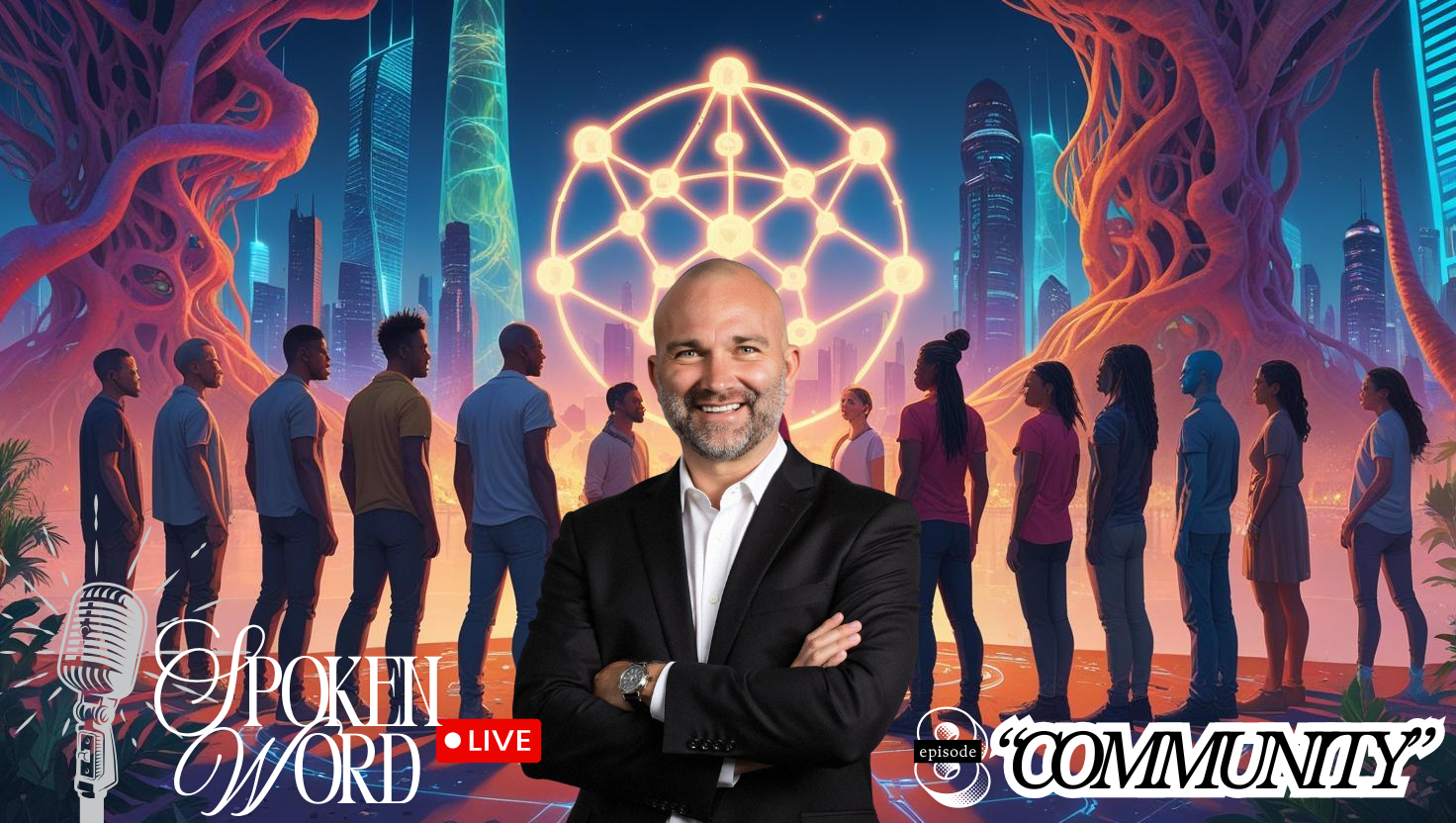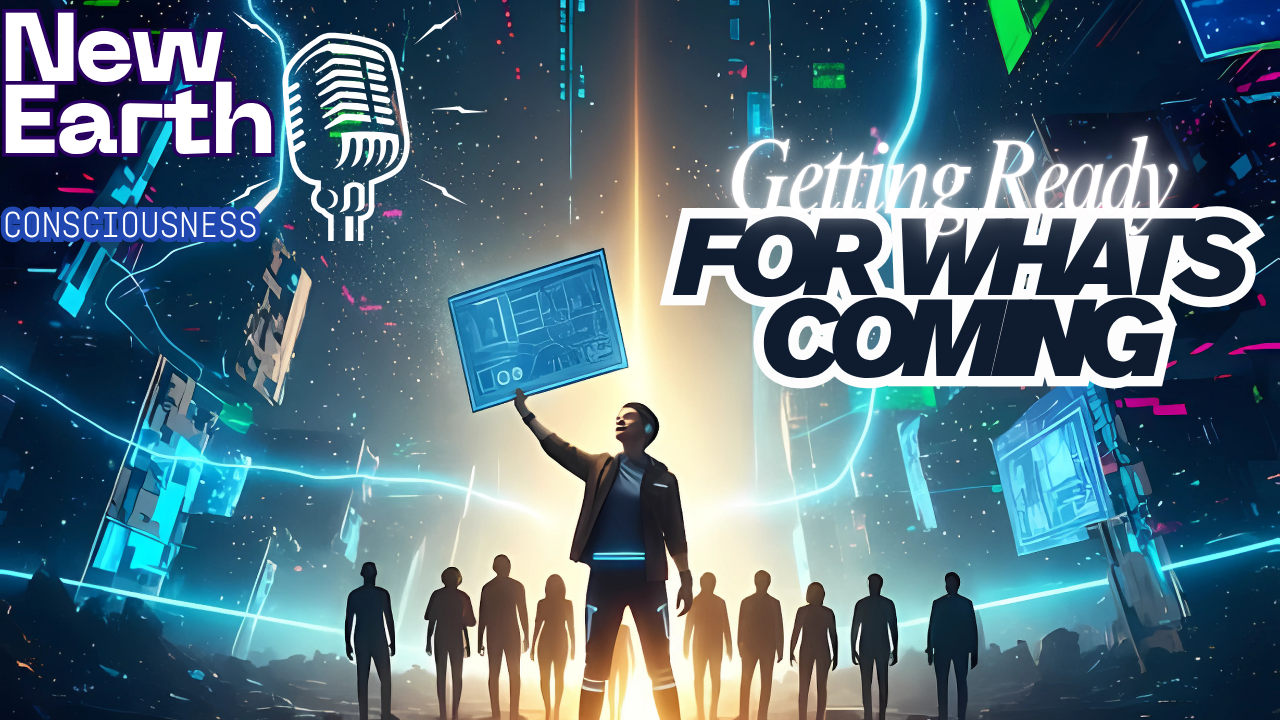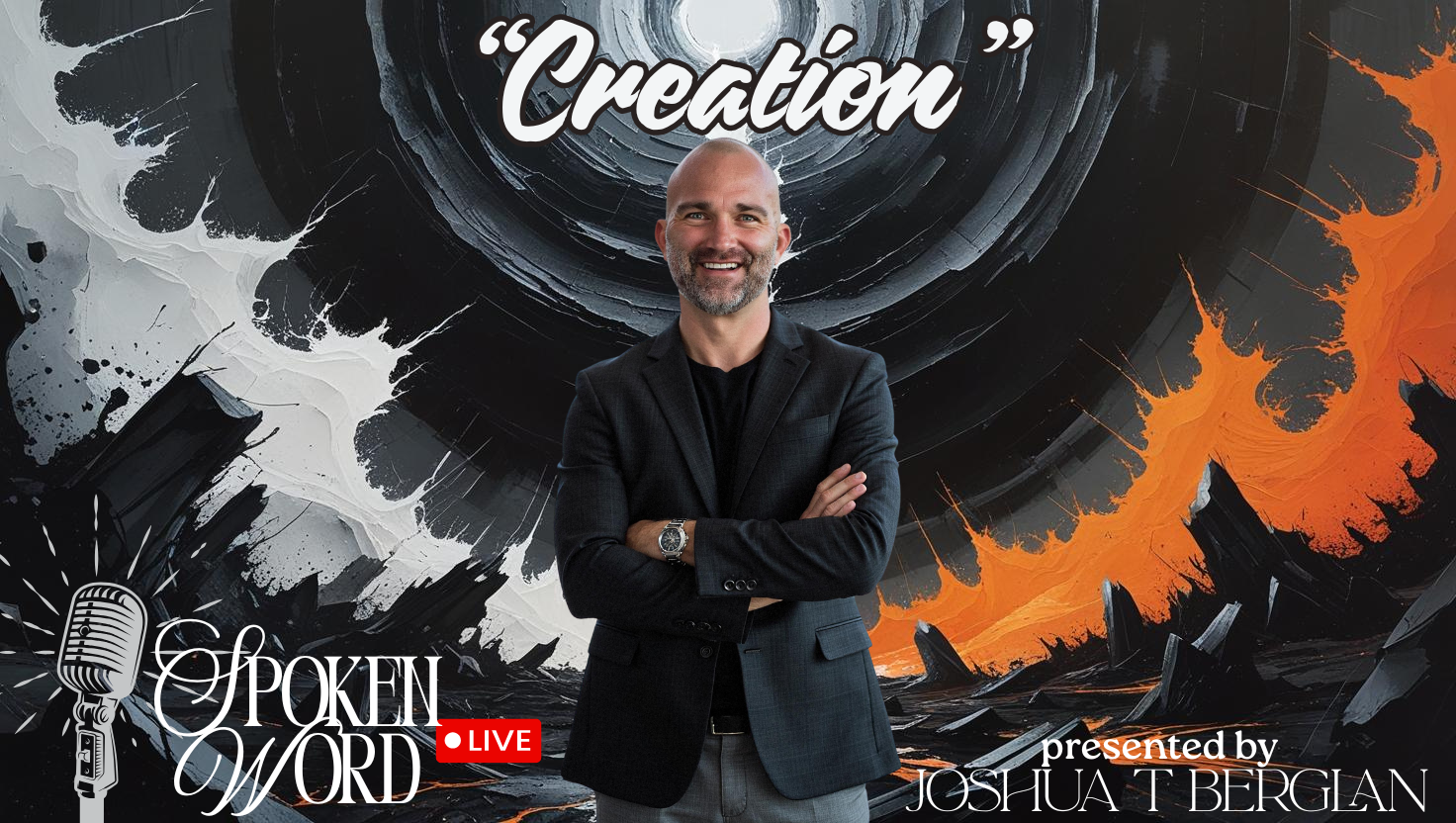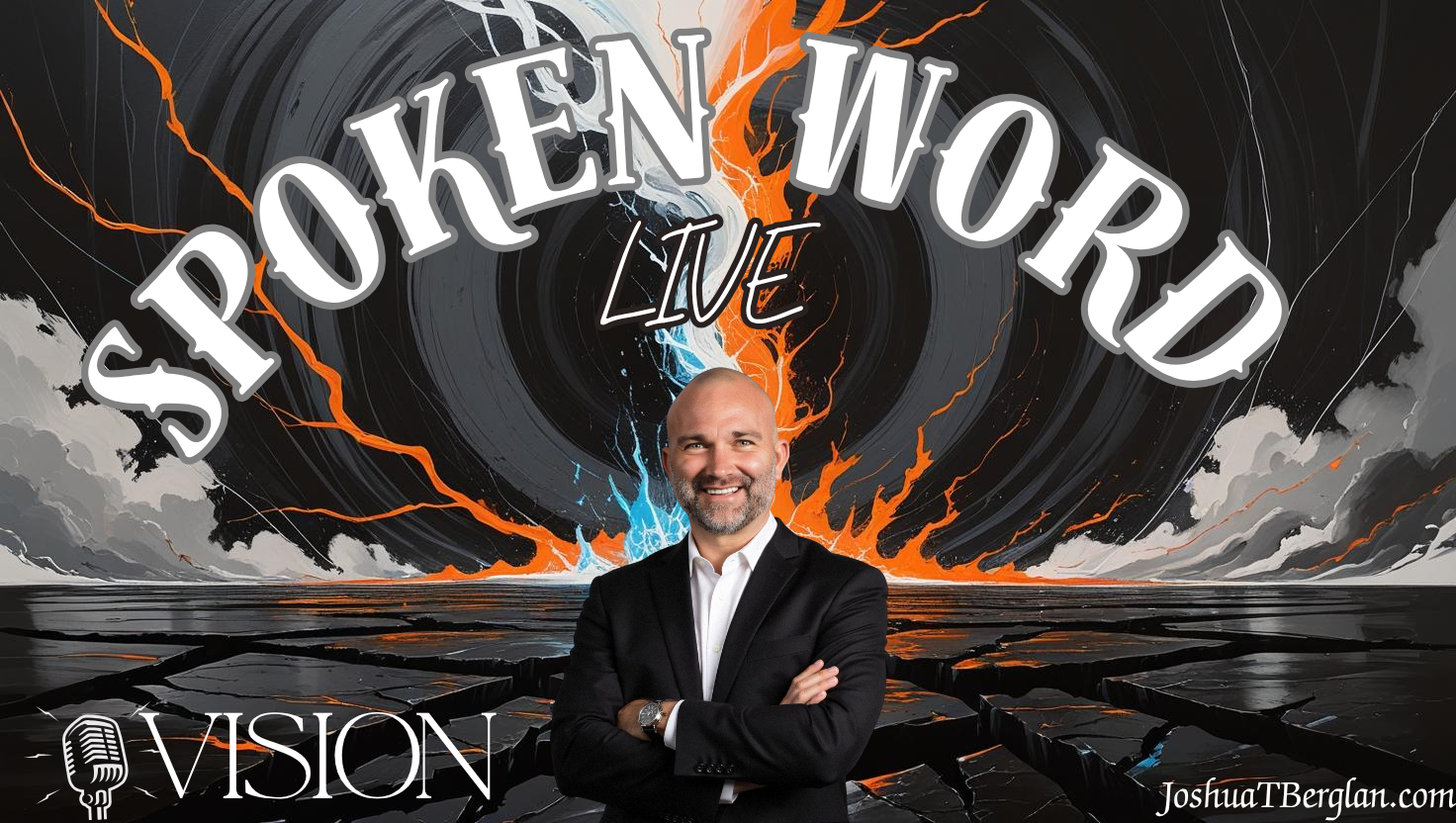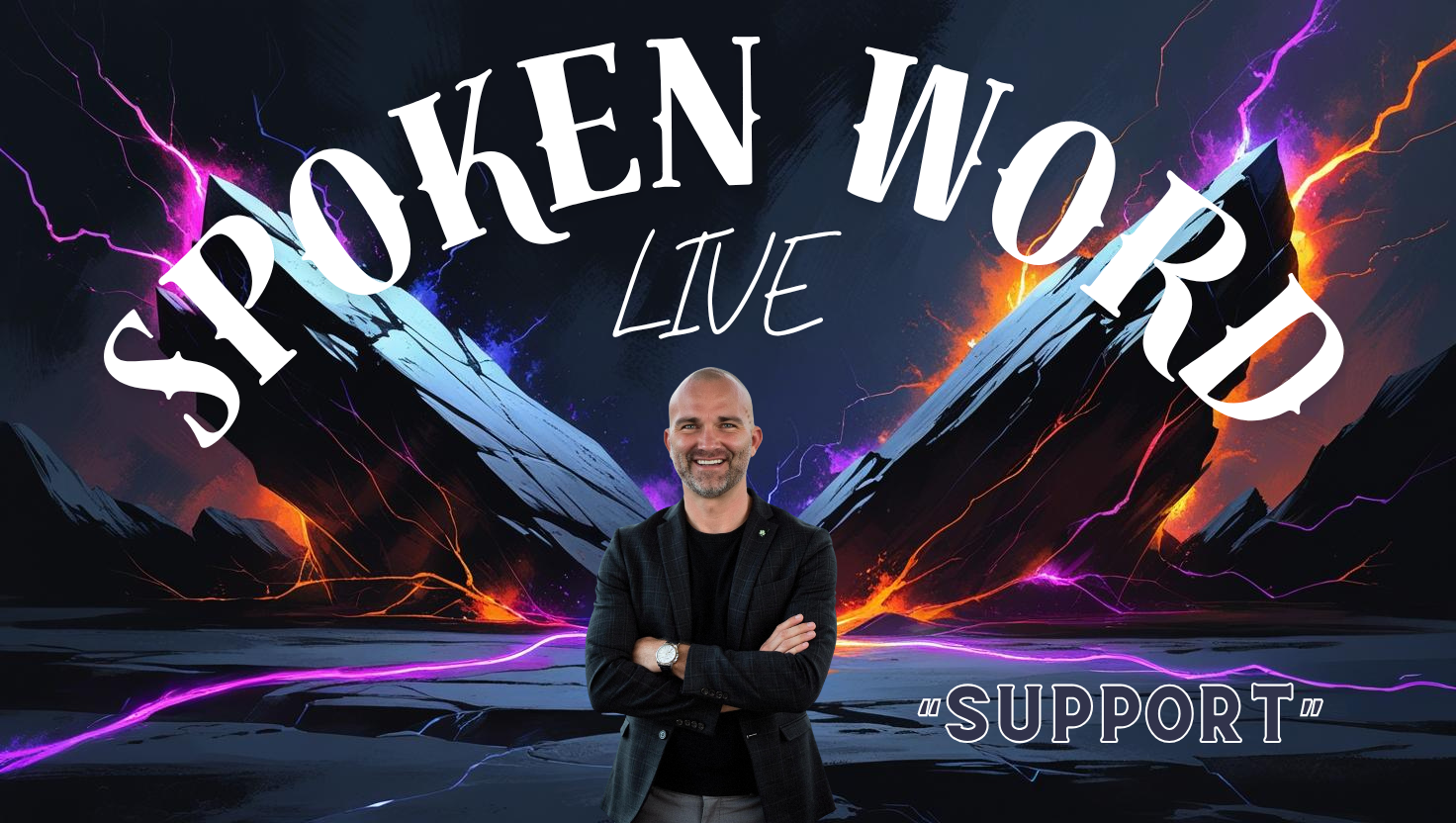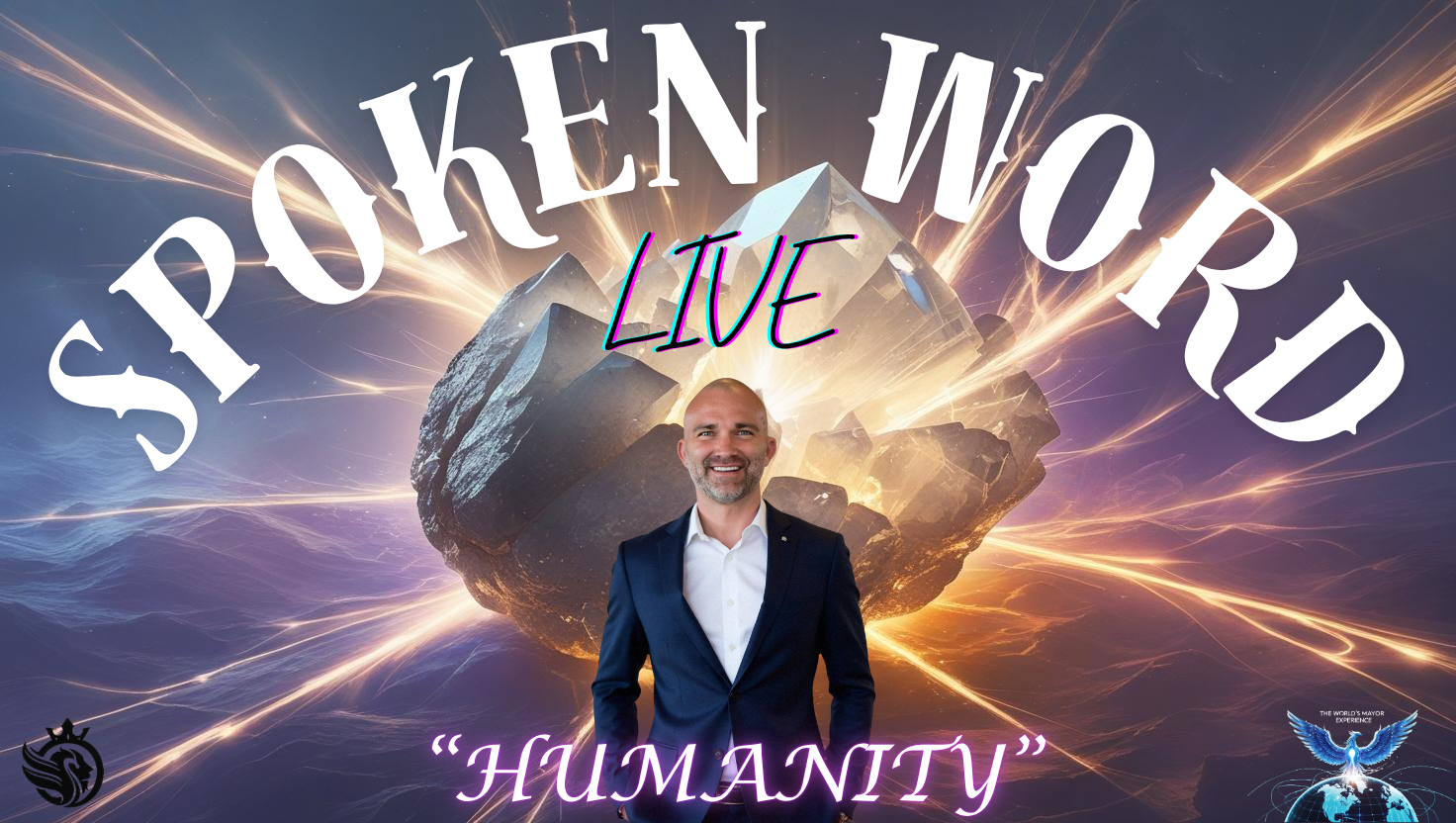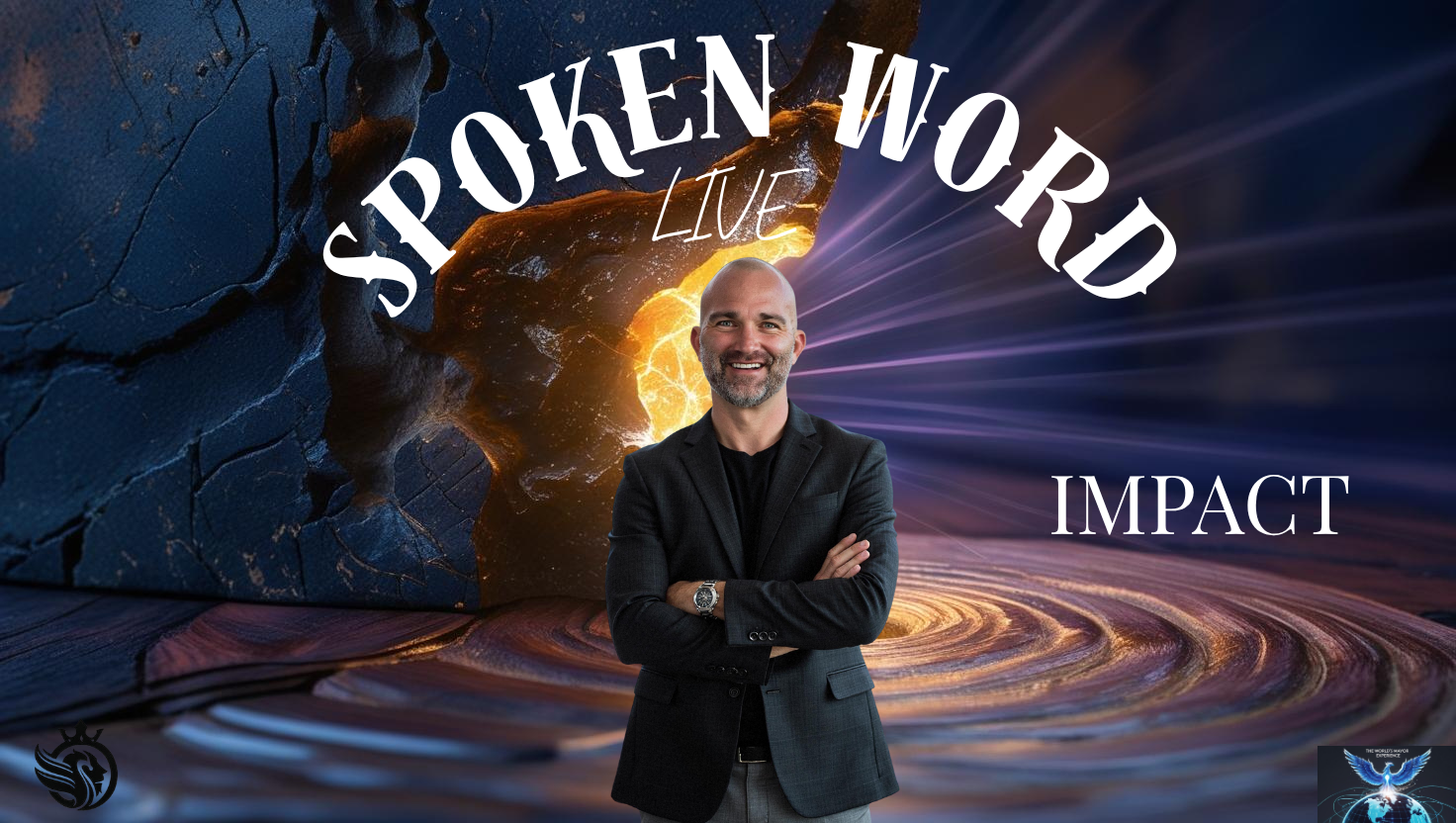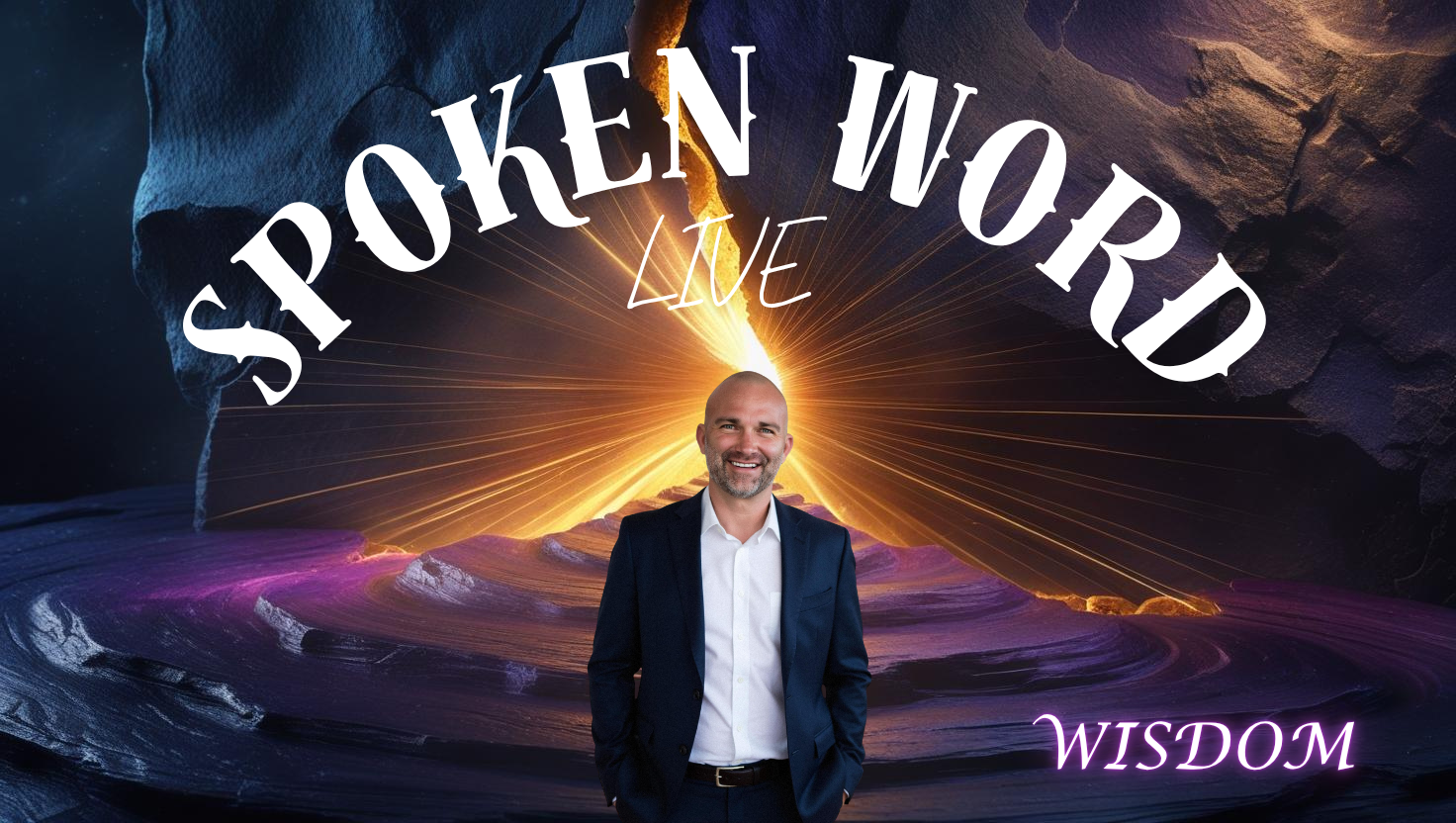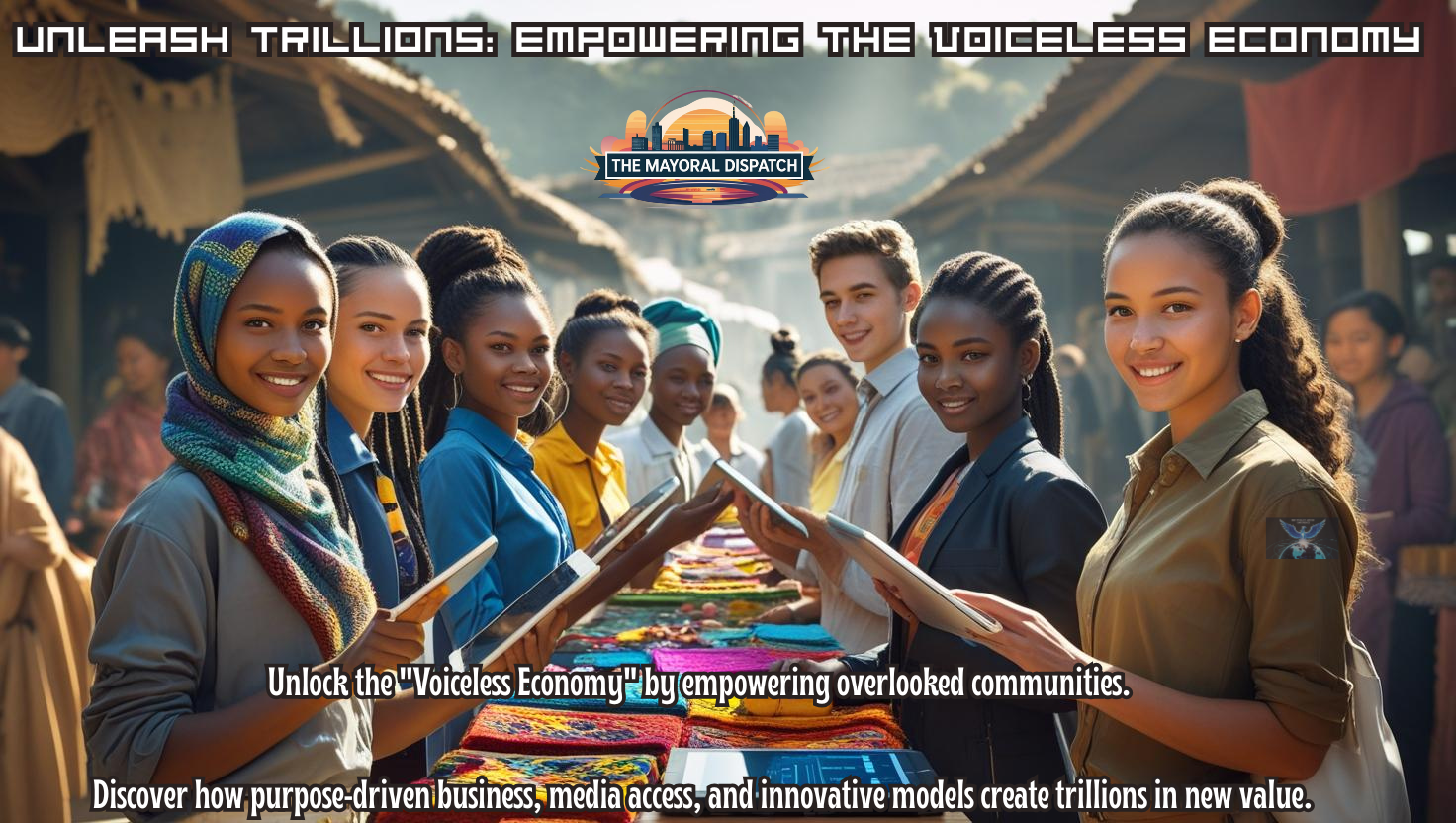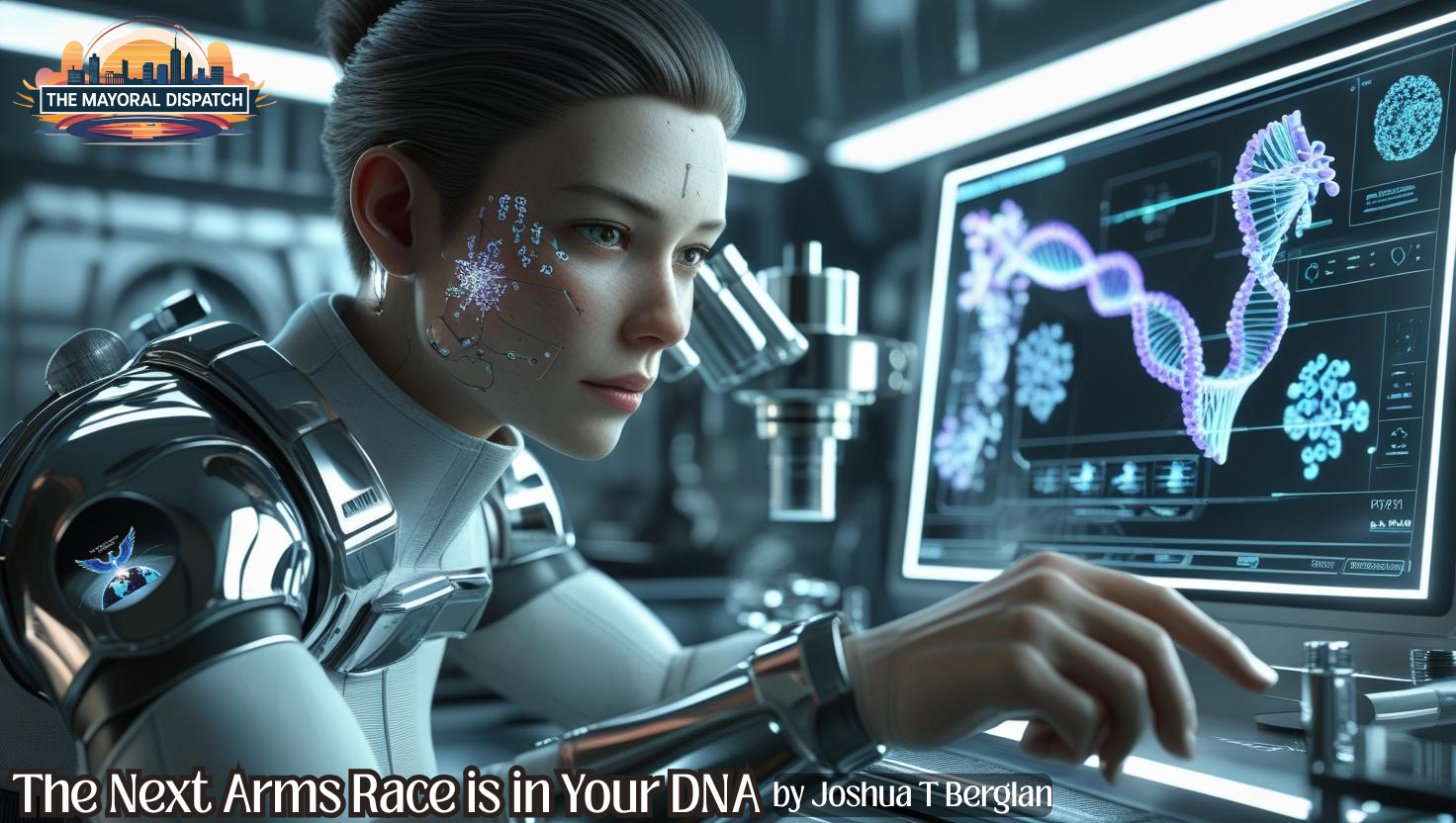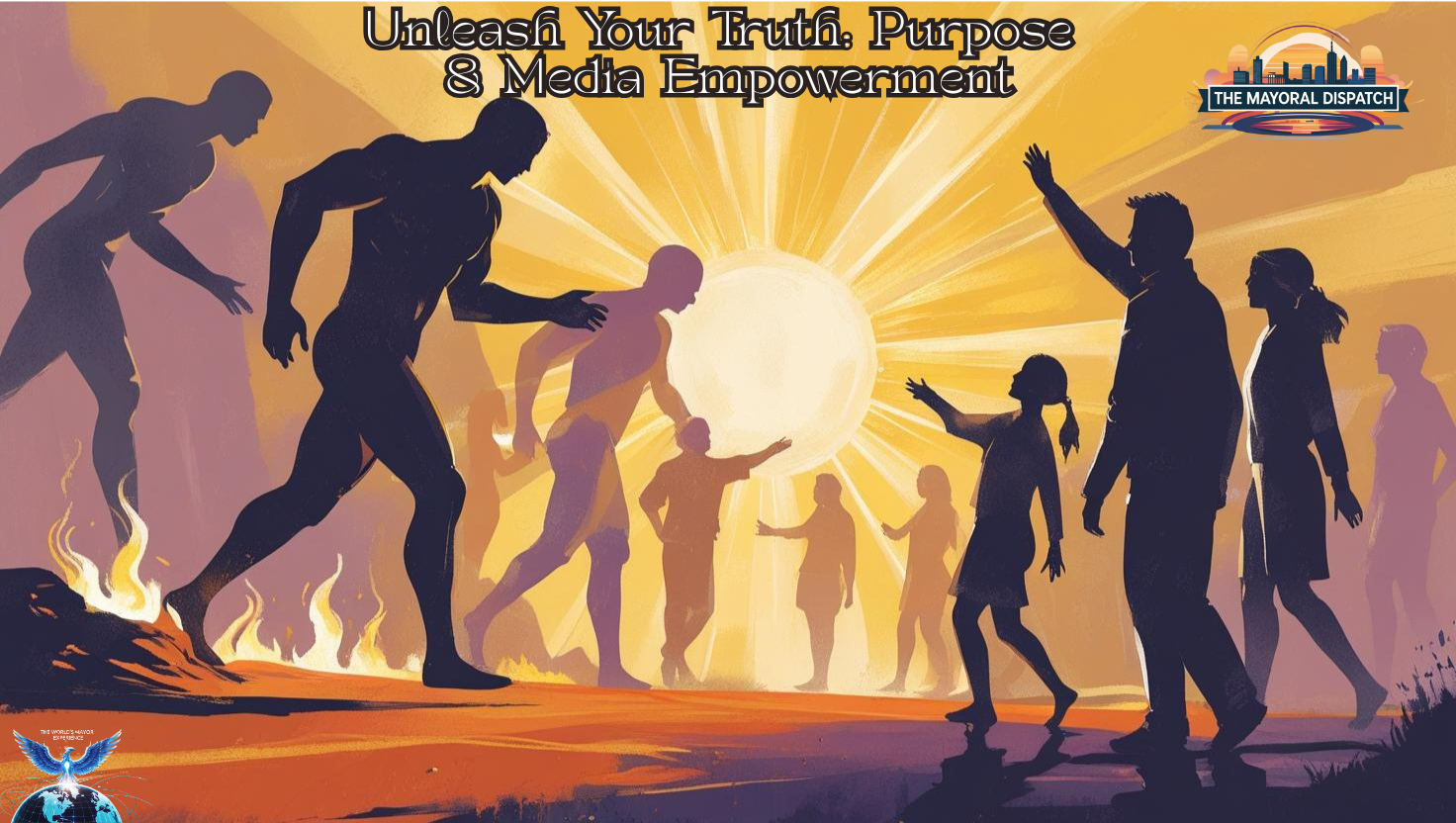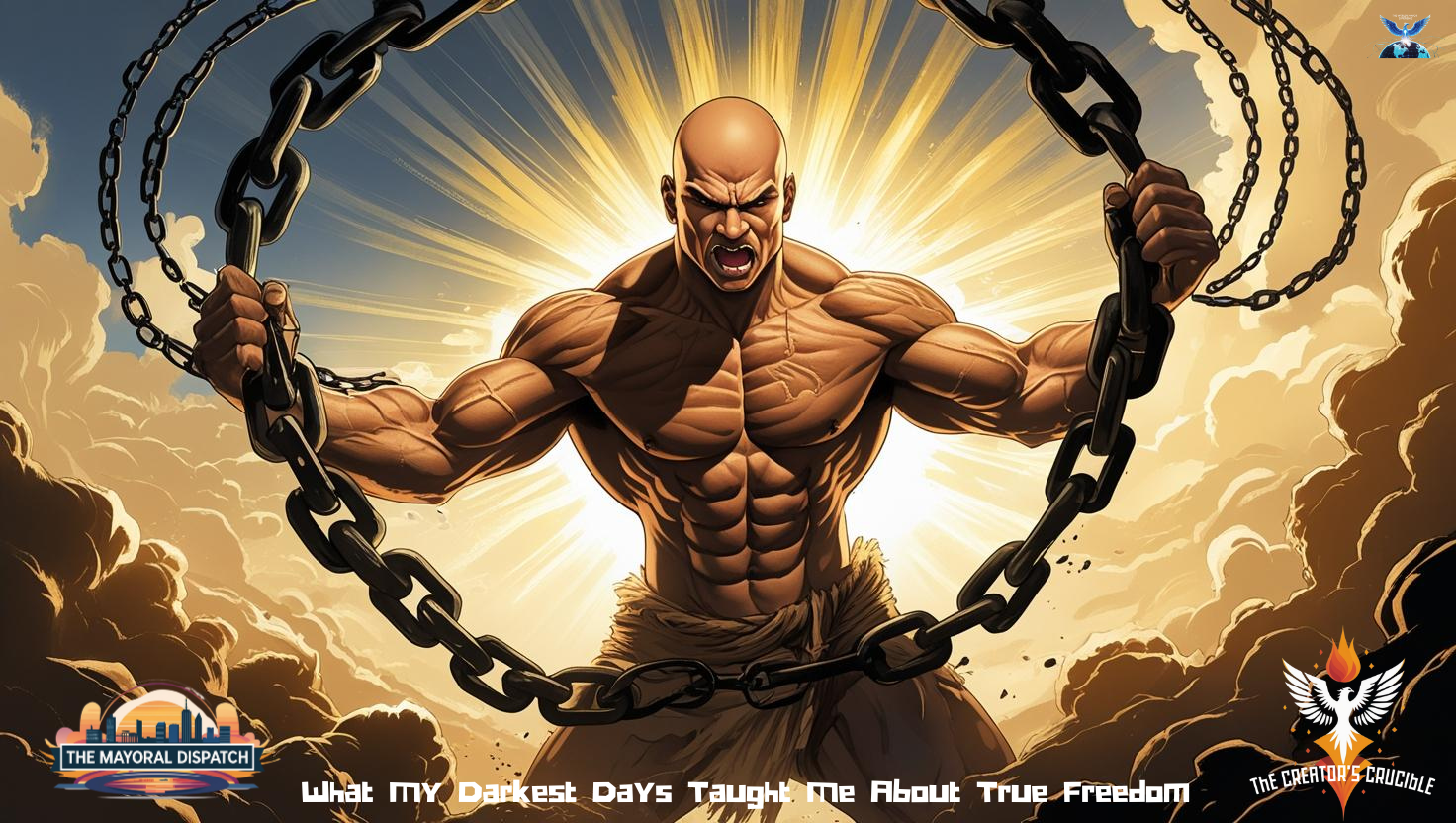The Legacy Architect Newsletter
Blueprints for Building an Enduring Legacy

Your direct feed for fresh multimedia, research, and insights. This is content that educates, informs, and inspires you to build your own enduring legacy.
Introduction: Raising Awareness about the Economic Ecosystem
In today’s world, it’s easy to get lost in the complexity of economies and how they affect our daily lives. Yet, a clear understanding of the economic ecosystem is essential to grasp the forces at play in society. My intention with this blog is to raise awareness about how our economy works, how its various components impact us all, and why networking could serve as a solution to the gaps between resources and growth.
In this blog, we’ll dive into the three main components of the economy—Primary, Secondary, and Tertiary—using relatable and practical examples to explain their workings and impact. By the end, we’ll explore how pure networking has the potential to bring about positive change in this ecosystem.
Primary Economy: The Foundation of Our Economic System
Let’s begin by thinking of the Primary Economy as the head of a household in a large joint family. Imagine a grandparent living with their spouse, three children, and each of their families—altogether, there are 14 members under one roof. The grandparent serves as the head of the family, overseeing the distribution of resources to meet the needs of all family members.
This Primary Economy is the backbone of global industries that provide essential raw materials like farming, mining, fishing, and more. These resources are critical for all other sectors to function. Just as the grandparent ensures that food is provided for the family, the primary economy provides the necessary materials that drive other economic components.
For example, consider the renovation of a garden in your colony. There are 50 houses in the colony, and each household contributes to the garden's maintenance. The task of collecting funds is often given to the most resourceful and politically strong households, mirroring how the Primary Economy generates and collects resources that support the broader economy.
In our world, investors, business owners, and governments make up the Primary Economy. They provide the capital needed to support the other sectors, ensuring that individuals in the Tertiary Economy (those providing services) can live comfortably and contribute effectively to society.
Secondary Economy: The Builders and Distributors
Now, let’s look at the Secondary Economy. In our garden renovation example, the funds collected by the primary group are passed along to contractors—gardeners, carpenters, and others. These contractors take the resources from the primary economy (raw materials and funds) and transform them into something useful, like a beautiful garden.
The Secondary Economy consists of industries like manufacturing, construction, and other businesses that process raw materials into products. Just as the contractors manage the garden renovation with the help of laborers and vendors, the Secondary Economy distributes resources in the form of labor, loans, and capital to maintain the balance of the economy.
This sector is often managed by institutions like banks, regulatory authorities, and boards of operations, which ensure the flow of capital through loans, interests, and currency distribution. For instance, the International Monetary Fund (IMF) works through gold bonds to print new currency, ensuring the economy has the liquidity it needs.
This leads to interesting observations, like how the strength of a country’s currency depends on its gold reserves. The more gold a nation has, the stronger its currency, while countries with fewer resources face a weaker currency index. This is why currency rates vary so drastically between countries. The Secondary Economy doesn’t just work with cash; it focuses on managing resources effectively.
Tertiary Economy: The Service Providers and Consumers
Finally, we have the Tertiary Economy, which includes the people who provide services and consume the resources created by the other two sectors. In the garden renovation example, these are the laborers working for the contractors—the ones physically laying down the plants, paving pathways, and building fences. They don’t handle raw materials directly, nor do they control the capital, but they are crucial to the ecosystem as they implement the work that has been planned and funded by the Primary and Secondary Economies.
In our global economy, the Tertiary Economy includes sectors like healthcare, education, IT services, hospitality, and retail. These industries offer services that enrich our daily lives. These workers are often the most visible, performing roles that directly affect the consumer, but they rely on the other two economic components to provide the resources and capital necessary for them to function.
The Harsh Reality: Economic Disparities
At this point, we might feel optimistic about how the three parts of the economic ecosystem work together. However, despite its collaborative nature, the reality is not so perfect.
Many have observed that “the rich get richer, and the poor get poorer,” and unfortunately, this disparity is not a myth. The Primary Economy deals in raw resources, and countries with abundant natural resources are at an advantage, while those with fewer resources struggle to keep up. This imbalance becomes glaring when we consider how currencies and wealth differ across nations.
The Secondary Economy, managed by banks and regulatory bodies, can also contribute to this disparity. Countries and corporations that have access to significant capital, trade routes, and financial systems continue to grow, while others remain stagnant.
The Tertiary Economy, where most of us work, reflects these inequalities most clearly. While there are opportunities for growth, the majority of people are simply consumers of the products and services provided by the other sectors. Many work hard to maintain a comfortable lifestyle, yet economic advancement remains difficult for the majority.
Conclusion: Networking Can Bridge the Gap
So, who is at fault for these economic disparities? Is it the governments? Not necessarily—they are simply managing resources. Are banks to blame? Again, they are doing their job of distributing money and resources. The fault lies in how resources are used and managed by us—the people.
The problem isn’t necessarily the structure of the economic system; it’s the mindset and misuse of power that perpetuates the inequality. As individuals, we often fail to take action that could lead to greater balance and equity. We’ve become so focused on accumulating resources that we’ve neglected our physical, mental, and societal well-being.
This is where networking—pure, intentional, and purposeful—comes into play. Networking has the power to bridge the gaps between resources and growth. It can help create equal opportunities for individuals across all sectors of the economy.
Through networking, we can share resources, ideas, and support, working together toward a common goal. This isn’t just about improving our own lives—it’s about uplifting others, creating a collaborative environment where all sectors can thrive. With proper guidance from elders, shared resources, and collective effort, we can change the way our economic system operates and create a more harmonious society.
My Thoughts:
The economic ecosystem is intricate and often difficult to understand. Yet, by breaking it down into the Primary, Secondary, and Tertiary components, we can begin to see how everything is connected. Though the system is far from perfect, there is potential for positive change through networking, collaboration, and a shift in mindset.
By raising awareness and understanding of how the economy works, we can make informed decisions and participate in the system in a way that benefits not just ourselves, but everyone.

